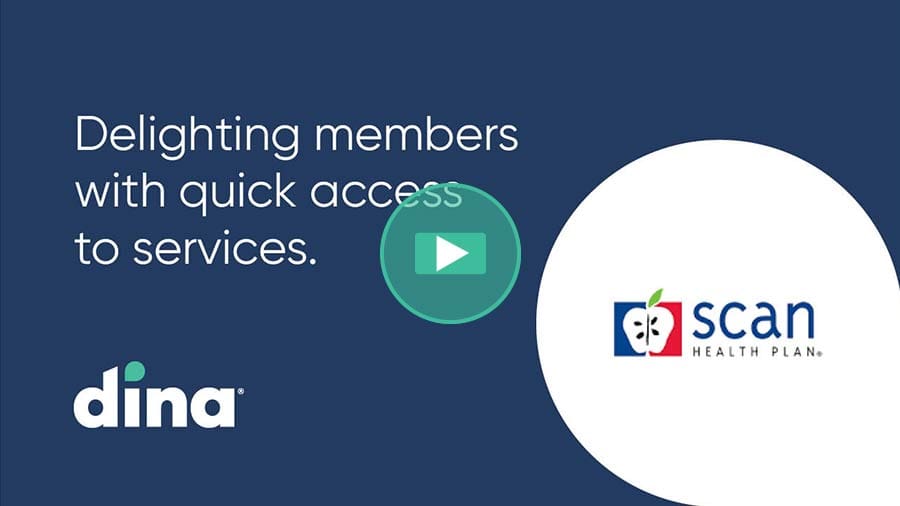
Special Needs Plans (SNPs) provide specialized coverage — extra benefits and coordinated care — for people who have chronic medical conditions or face certain severe or disabling health situations.
What are the Three Types of SNPs?
SNPs come in three types, each with its own eligibility requirements and coverage:
- Chronic Condition Special Needs Plans (C-SNPs) offer specialized coverage for people with cardiovascular disease, diabetes, end-stage renal disease, respiratory disease and several other chronic conditions. While less common, some C-SNPs cover conditions such as chronic mental illnesses, dementia and HIV/AIDS.
- Dual Eligible Special Needs Plans (D-SNPs) create coordinated coverage for people eligible for both Medicare and Medicaid.
- Institutional Special Needs Plans (I-SNPs) are for people who live in an institution, such as a nursing home, or who require institutional-level nursing care at home.
Who Can Join a Medicare SNPs?
You can join a Medicare SNP if you have Medicare Part A and Medicare Part B, live in the plan’s service area, and meet the plan’s eligibility requirements.
For example, a Medicare SNP may be designed to serve only people diagnosed with congestive heart failure. The plan might include access to a network of providers who specialize in treating congestive heart failure, and it would feature clinical case management programs designed to serve the special needs of people with this condition.

How Do SNPs Work?
SNPs are approved by Medicare and run by private companies. When people join a SNP, they get all their Medicare hospital, medical health care services, and prescription drug coverage through that plan. Because they offer all health care services through a single plan, Medicare SNPs can help manage a member’s different services and providers.
Just like with other Medicare health plans, if you join a Medicare SNP, you will have to see providers who belong to the plan, or use certain hospitals to get covered services. In most cases, you will need referrals to see specialists. The Medicare SNP will still cover emergency or urgently needed care, even if you’re out of the plan’s service area.
Where Are Medicare SNPs Offered?
Each year, different types of Medicare SNPs may be available in different parts of the country. Insurance companies decide where they will do business, so Medicare SNPs may not be
available in all parts of the country. Insurance companies can decide that a plan will be available to everyone with Medicare in a state, or only in certain counties.
Insurance companies may also offer more than one plan in an area, with different benefits and costs. Each year, insurance companies offering SNPs can decide to join or leave Medicare.
SNP Enrollment on the Rise
The Medicare Modernization Act of 2003 established SNPs, but they weren’t offered until 2006. Today, these plans provide medical and prescription drug coverage, and many have dental, hearing and vision benefits.
In 2023, the number of special needs plans in the United States grew to 1,335, a 12% increase from 2022, and more than double what was offered in 2018. More than 5.7 million Medicare beneficiaries are enrolled in Medicare Advantage SNPs, a 24% increase from 2022, according to KFF.
SNP Enrollment Varies by State
SNP enrollment varies across states, as tracked by KFF. In the District of Columbia and Puerto Rico, SNPs comprise about half of all Medicare Advantage enrollees (48% in DC and 49% in PR).
In 12 states, SNP enrollment accounts for at least one-fifth of Medicare Advantage enrollment (39% in MS, 31% in AR and LA, 30% in NY, 26% in FL and GA, 24% in CT, 22% in SC and AL, 21% in HI, and 20% in TX and AZ).
Most (96%) C-SNP enrollees (about 446,000 people) are in plans for people with diabetes or cardiovascular conditions in 2023.
Enrollment in I-SNPs has been increasing slightly, with approximately 103,000 enrollees in 2023, up from about 92,700 in 2022.
How did SCAN Health Plan reduce the time it takes to initiate services from weeks to days?
Watch this short video to learn more.





